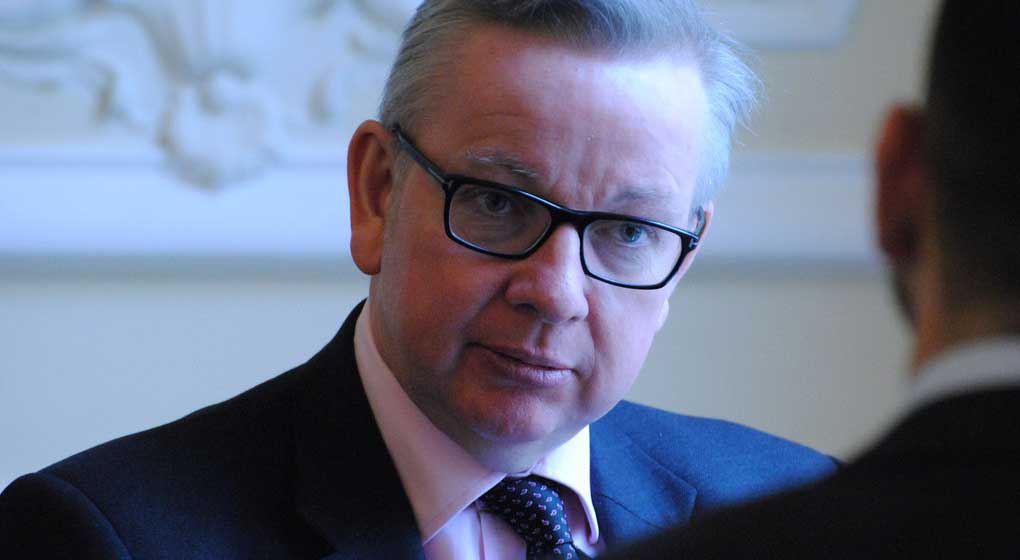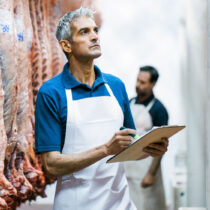Analysis of Michael Gove’s Oxford Farming Conference speech
Anyone who heard or has read Michael Gove’s speech at the Oxford Farming Conference will have been left in no doubt whatsoever that the environment will be at the heart of the new UK agri-food policy. Whilst this is primarily of interest to farmers, how the support mechanisms are implemented can and will have a profound impact on the numbers of livestock in the country.
Most of the collected information suggests that the current Basic Payment a farmer receives is pretty much what their profit is. If more of the payments have to be earned by delivering environmental benefits or ‘’Public goods’’ as Mr Gove kept referring to them as, then it is almost certain that the farmers will question the viability of keeping livestock.
There are two factors that impact on profitability: cost of production and selling price. There is much that can be done to improve the efficiency of production but it is highly debatable about how much of an increase in the price of food will be accepted by the consumer before consumption drops.
It was made very clear at the conference that Mr Gove is looking for something new in the Agri food policy going forward with Environment to the fore.
To quote directly from his speech:
“The history of nationalised industries, state subsidies for particular sectors, guilds to restrict access to trades, high tariff walls and all the other tools of so-called economic ‘protection’ is a melancholy one. The road is paved with good intentions – preserving strategic assets, insulating communities from change, protecting our home market, guaranteeing a supply of essentials.”
“But the path inevitably involves higher costs for consumers, lower productivity from producers, less pressure to husband scarce resources, less concern about sustainability, more rent-seeking and capital accumulation, less investment in innovation, less dynamism and ultimately, less security as others forge ahead economically, scientifically and socially.”
“If we want to preserve that which we cherish – a thriving agriculture sector, a healthy rural economy, beautiful landscapes, rich habitats for wildlife, a just society and a fair economy – then we need to be able to shape change rather than seeking to resist it.”
“So Government must recognise that its interventions need to be targeted, proportionate and limited. Subsidies linked to the size of land holding, or headage payments reward incumbents, restrict new thinking and ultimately hold back innovation and efficiency.”
“Industries which come to rely on importing cheap labour run the risk of failing to invest in the innovation required to become genuinely more productive. Labour-intensive production inevitably lags behind capital-intensive production.’’
It will be interesting how this new philosophy takes shape over the next few years. The good news is that he does seem to recognise that the industry needs time to change and adapt and he seems to be willing to find the resources to allow it that timeframe.
Michael Gove photo courtesy of Chatham House View licence







